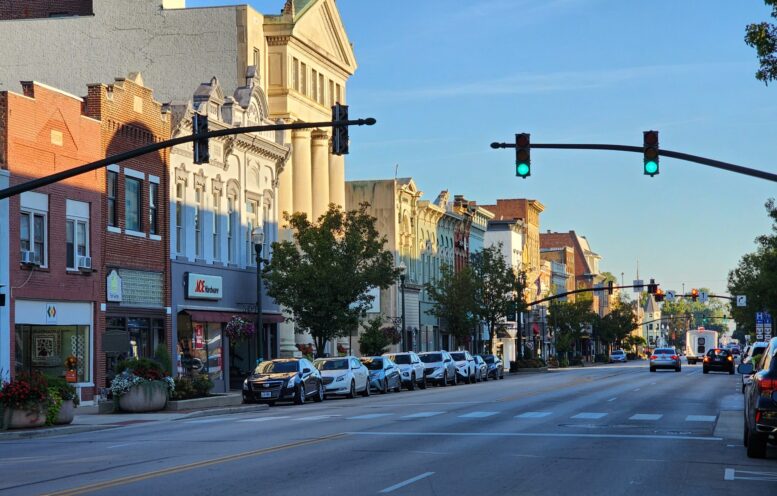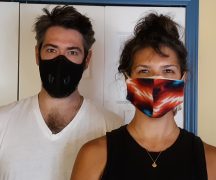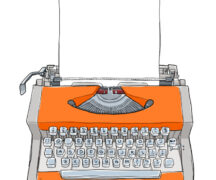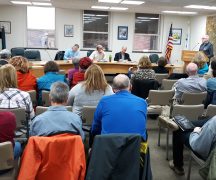By JAN McLAUGHLIN
BG Independent News
The remainder of the city’s $7.3 million in COVID relief funding will be discussed Tuesday evening by Bowling Green City Council.
Council will be updated on how much money has been designated, how much has been spent, and how much is left.
The one certainty with the American Rescue Plan Act is this – Bowling Green officials have no intention of leaving any dollars unspent.
Tuesday’s meeting on the ARPA funds will be with City Council’s Committee of the Whole, at 6 p.m., in the Council Chamber located in the City Administrative Services Building, 305 N. Main St. This will be a work session, with City Finance Director Dana Pinkert presenting the latest numbers to council. No public comments will be allowed.
While the city has till the end of 2026 to spend the money, the funded projects must have orders placed for property, services and contract entries by Dec. 31, 2024.
City officials have viewed the one-time ARPA funding as an opportunity to do a lot of good with a lot of money. It’s paving streets that had been on work lists but unfunded for years. It’s improving parks, which were lifesavers for local residents during the pandemic.
Bowling Green Mayor Mike Aspacher called the funding an “historic opportunity.”
The pots of money brought out requests for projects hungry for funding – with requests far outnumbering the dollars available.
City Council received more than 450 funding suggestions from Bowling Green citizens, non-profit agencies, businesses and city government.
Early on, the city dedicated funds to infrastructure projects:
- $3 million for residential street paving.
- $350,000 for MARCS radios to improve public safety communications.
- $250,000 for paving at City Park, including road widening, a walking path, and security improvements.
- $100,000 for an inclusive playground at Carter Park.
- $300,000 for housing grants over three years.
“That has had a profound impact on infrastructure in town,” the mayor said of the roadwork. “We’re going to keep paving streets.”
And it has been used to help homeowners who were unable to fix their roofs, update their furnaces, or other necessities.
“That has resulted in real improvements in people’s lives, plus had positive effects in neighborhoods,” Aspacher said.
Now city officials are watching the clock as it ticks down to the end of 2026, when the funding must be spent or returned.
“We will not be giving any ARPA funds back,” Aspacher said.
After the first round of funding, city officials asked for proposals, and gave away another $2 million in the fall of 2022.
The projects were scored on a rubric which ranked them on criteria such as the frequency of the requests, the continuing expenses required, the chances of matching or in-kind funding, the degree the project is already being address by another entity, whether or not the project was directly impacted by COVID, the number of BG residents who could be positively impacted, and the positive impact on the local economy.
Projects getting pieces of the funding pie included:
Downtown improvements
- $102,000 for downtown public restrooms in the former bank next to the police station.
- $100,000 for an alley revitalization project requested by the Downtown BG Special Improvement District.
Park improvements
- $180,000 to help build the shared use path from the high school to the community center and to the Cogan’s Crossing housing development north of Bishop Road.
- $150,000 for the proposed pickleball courts next to the community center. $150,000 to go toward establishing a walkable dog park closer to city neighborhoods.
- $20,000 to update and improve the disc golf course in Carter Park.
Other funding winners
- $350,000 to pay for inflationary cost overruns in the city’s residential street paving program due to supply chain issues, labor shortages and inflation.
- $75,000 for a business incubator, requested by BG Economic Development.
- $100,000 annually for the next three years for housing assistance grants offered by the city for owner-occupied homes.
- $225,000 for the design and matching funds for a shared use path between Crim Elementary School and Carter Park.
Non-profit organizations
In the spring of 2023, a total of $500,000 in the COVID relief funds was also divided up among non-profit organizations impacted by the COVID pandemic. A total of 17 applications were received – with requests for $670,000.
Non-profit organizations, whose clientele are Bowling Green residents most negatively impacted by COVID – such as those with lower incomes, those with food insecurity or unemployed – were encouraged to apply for grant funding of up to $50,000.





